US frantic bids to broker Saudi-Israel normalization proves exercise in futility
By Reza Javadi
Joe Biden administration’s frantic bid to convince Saudi Arabia to normalize ties with the Israeli regime has proved an exercise in futility, especially in the wake of the diplomacy drive sweeping the Persian Gulf region.
Despite high-profile visits by US officials to the Arab kingdom in recent months, including US Secretary of State Antony Blinken’s meeting with Saudi crown prince Mohammad bin Salman in Jeddah last month, the US has failed to get any assurances from its Arab ally on the question of Israel normalization.
Blinken’s visit to Saudi Arabia in early June ended without any result, despite the statement before the high-stakes tour that normalization of Saudi-Israel relations was one of the top priorities of the US government.
The US Secretary of State not only failed to get any assurance from the Saudis on that front but had to concede some crucial ground on significant regional issues.
In a joint conference with Saudi Foreign Minister Prince Faisal bin Farhan before leaving Saudi Arabia, Blinken reiterated his government’s resolve to work for Israel-Saudi normalization, visibly unhappy and frustrated.
However, bin Farhan put a flea in Blinken’s ear, saying that “normalization of ties with Israel will have limited benefit without a pathway to peace for the Palestinians.”
The US Secretary of State’s visit to Saudi Arabia came on the heels of a separate visit by US National Security Advisor Jake Sullivan to the Arabian country in May, who also failed to convince the Saudis to compromise with the Israeli regime.
The outcome of both of the visits was similar to the outcome of President Joe Biden’s visit to the kingdom last year when he failed to convince bin Salman to increase oil production to ease global prices, in the face of sanctions against Russia.
Biden’s efforts failed when the Saudis announced in October that they were cutting oil production, a move that blindsided American officials and strengthened the growing speculations that West Asia is no longer toeing the US line.
In an article published in Responsible Statecraft magazine, Daniel Larison hurled criticism at US efforts on brokering normalization in West Asia and said it remains a “long shot” and that “there is no compelling reason for the US to make this the focus of its diplomatic efforts in the region.”
He said a deal with the Saudis would come at America’s expense, as the Saudi price for normalization has been reported to include a US security commitment to Saudis and Washington’s support for the kingdom’s nuclear program, noting that the price would be heavy.
Meanwhile, even if Biden’s cabinet contends with the security guarantees to Saudi Arabia, a new nuclear deal with Riyadh would face another hurdle in a sharply divided US Congress, where some prominent members of Biden’s party would likely vote against it.
“The last thing that the US needs is another security commitment in a region where it has already wasted thousands of lives and trillions of dollars in unnecessary wars. A security guarantee to the Saudis would almost certainly encourage their government to engage in more reckless and provocative behavior,” a New York Times report said.
In an article published in The Hill, Jon Hoffman said increased security commitments by the US would “further solidify US support for the underlying sources of regional instability within the Middle East.”
In another article in The National Interest, Hoffman wrote that the Abraham Accords – which involved a series of joint normalization statements between Israel, the United Arab Emirates (UAE), and Bahrain and were later expanded to include Morocco and Sudan -- “continue to represent a top-down regional order destined to yield instability, not peace.”
The normalization agreements supported by former US president Donald Trump and hectic efforts by the current administration are all designed to ignore the Palestinians and give the Israeli regime a free pass to carry out criminal activities in the occupied territories.
A report in the Mondoweiss news website described the chances of a Saudi-Israeli normalization deal brokered by the US as “microscopically thin” in the near future.
It is worth mentioning that Saudi Arabia seems to be reluctant toward a normalization act with Israel and is taking a cautious approach to any public steps that could be seen as a normalization act.
Axios news agency cited Israeli officials and Western diplomats with direct knowledge of the issue saying that Saudi Arabia has so far not signed a document committing to allow Israel to attend the upcoming UNESCO meeting in September, signaling the kingdom’s reluctance to allow the Israeli regime’s representatives to visit the kingdom for the first time.
At a critical time, when Biden is seeking re-election, the US government has been left embarrassed by Saudi Arabia’s bolstering of ties with Iran and Syria, and its further gravitation toward China.
Biden administration’s push for Saudi-Israeli normalization reflects a misreading of domestic and international politics as the new world order minus the US takes shape.
Saudi-Iran rapprochement, mediated by China, and other similar developments, showing the integration in West Asia, have all strengthened the multi-polar world, defying US hegemony.
Under this new ‘systematic order’, the US influence is waning and a new ‘village-like order’ is fast emerging, where several regional coalitions maintain the balance of power in the world.
Reza Javadi is a Ph.D. Candidate in British Studies at the University of Tehran.
(The views expressed in this article do not necessarily reflect those of Press TV)
#IR47: How 1979 Islamic Revolution ignited global movements – from South Asia to Africa and beyond
Iran’s 14th AFC futsal title after thrilling penalty shootout reinforces its Asian dominance
How Iranians made ice thousands of years before Europe
While fully prepared, Iran not after initiating regional war: Top general
Israeli ban plunges Gaza critical lifeline into risk: MSF
Iran pursues diplomacy while standing ready for war: FM Araghchi
Somalia president vows to prevent any Israeli military base in Somaliland
Pezeshkian: Iran’s nuclear logic rooted in rights enshrined in NPT


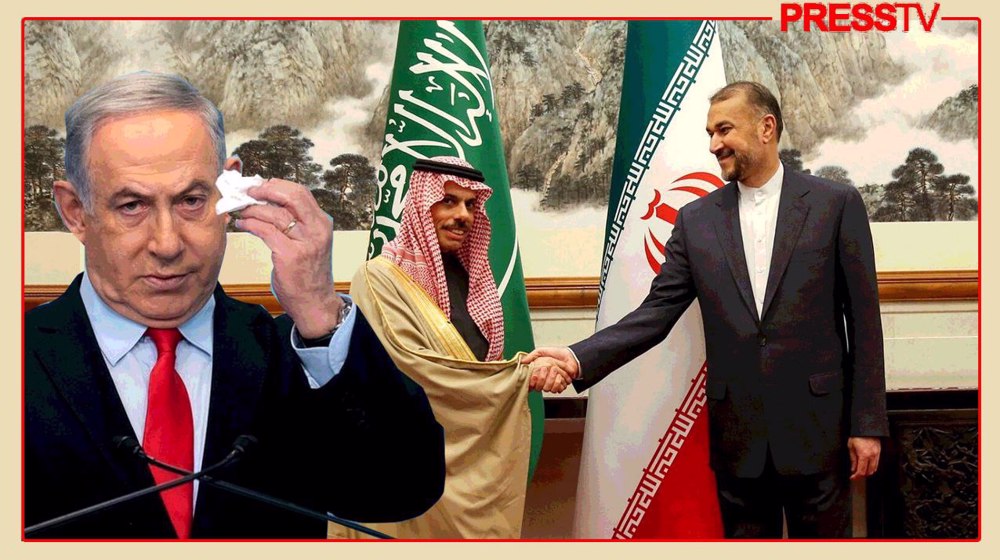
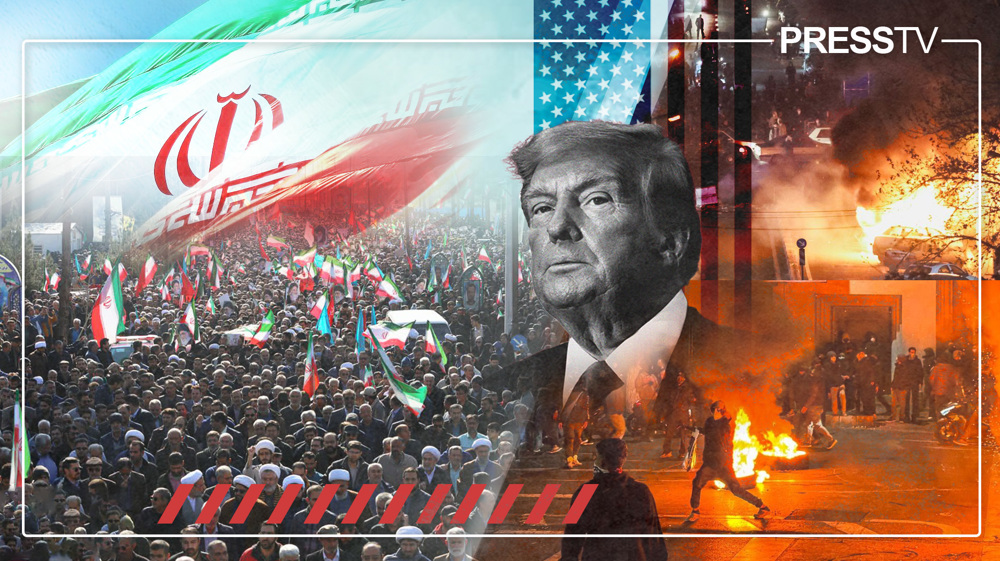

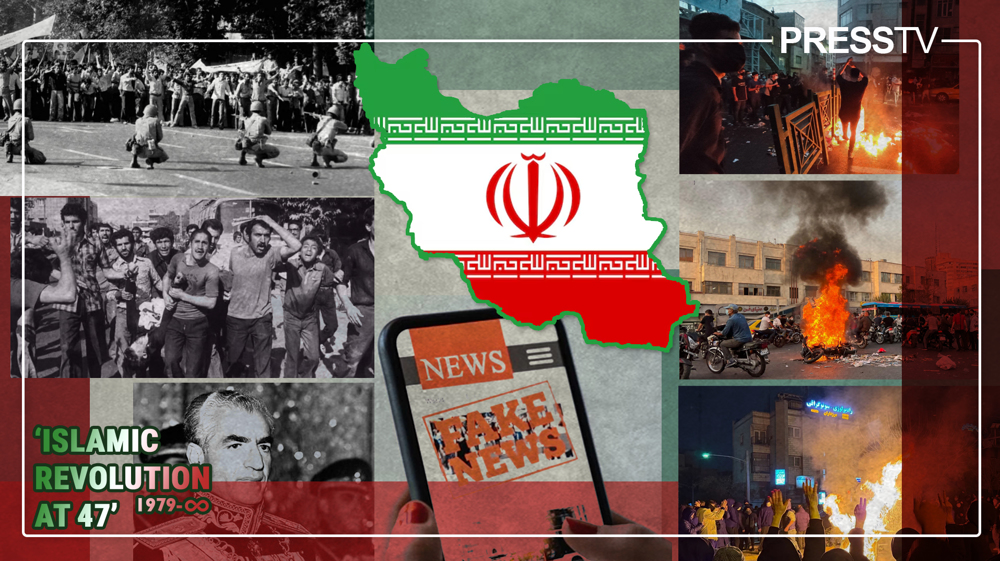



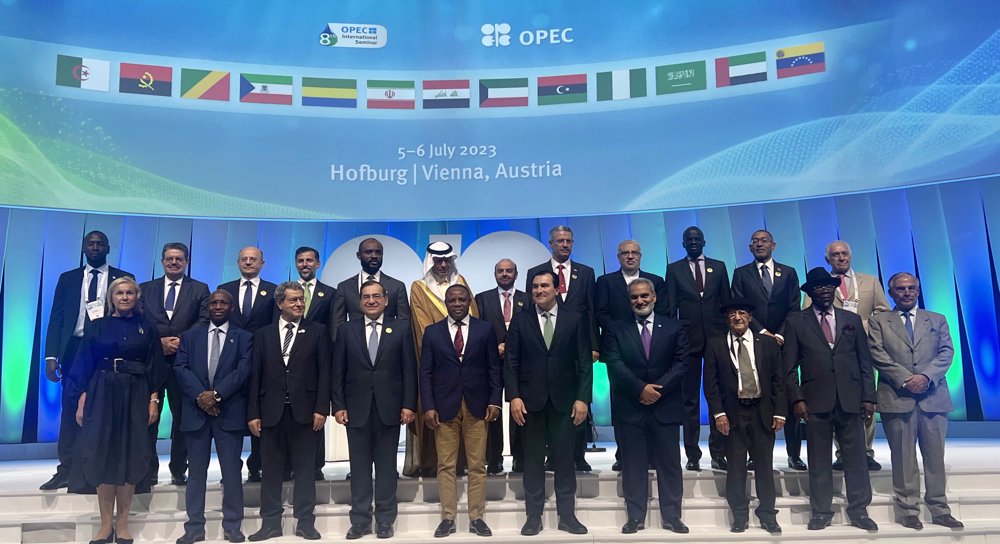
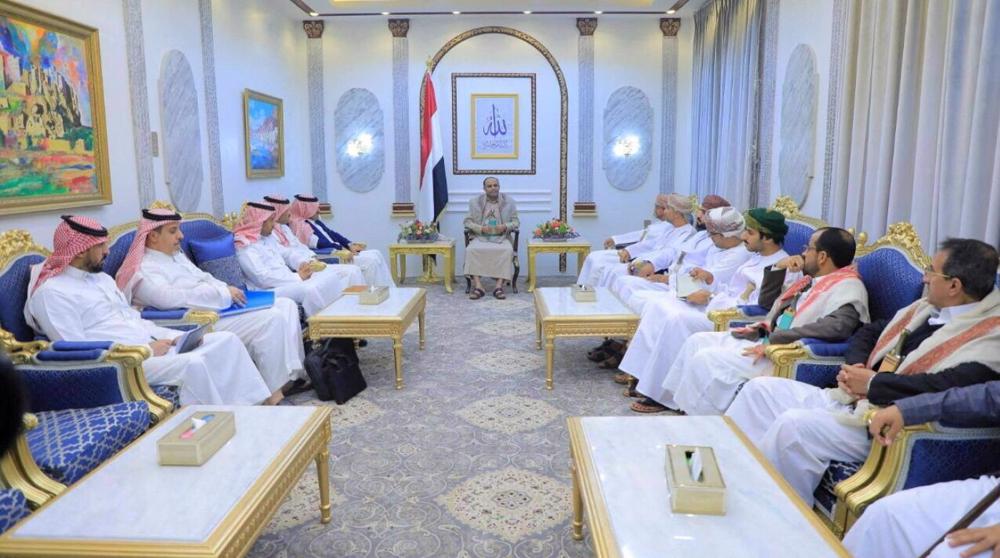
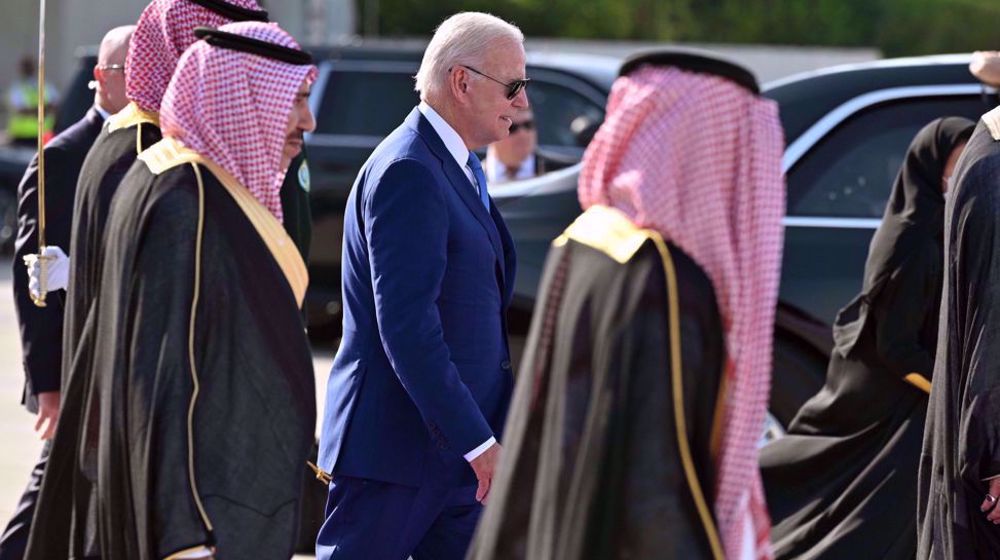
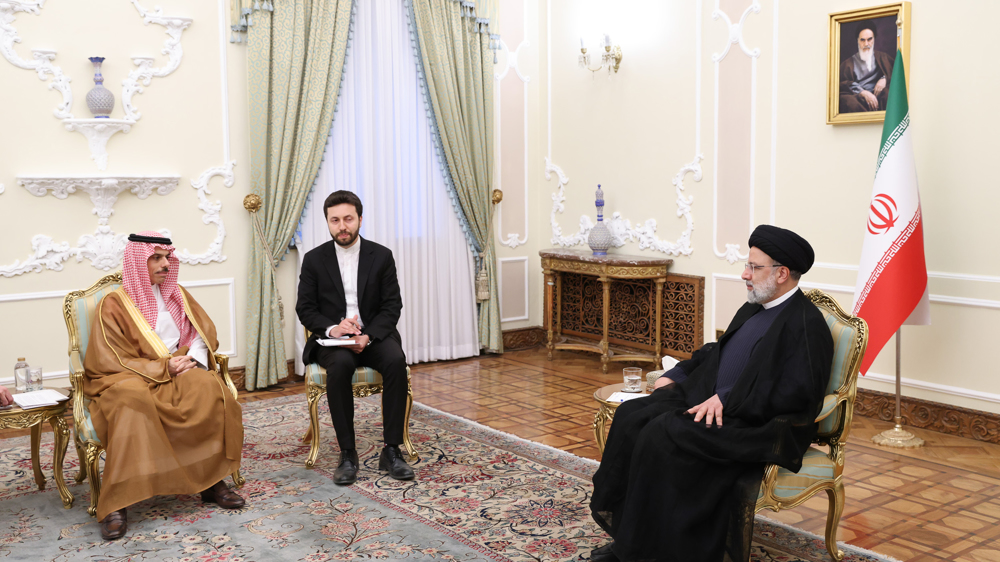
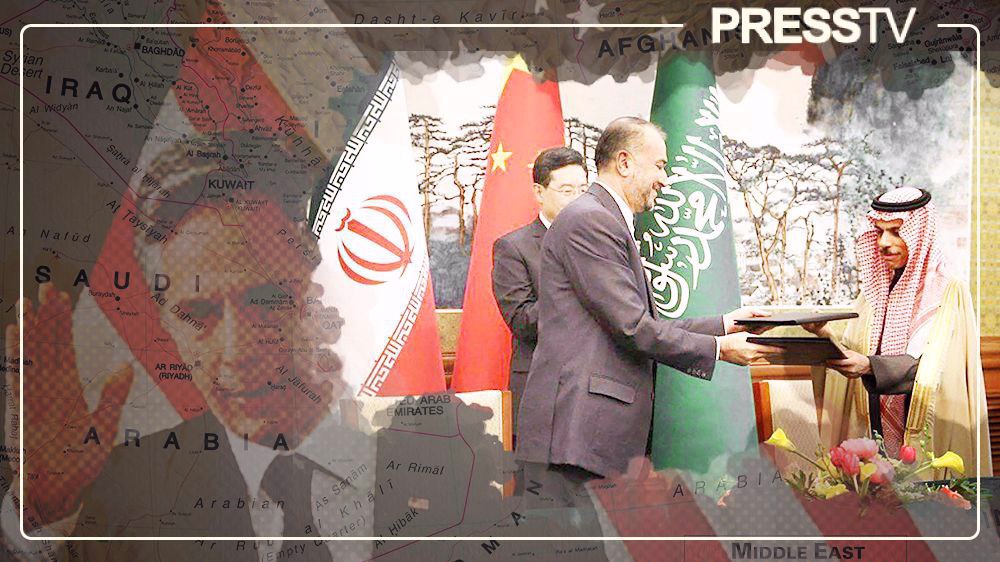

 This makes it easy to access the Press TV website
This makes it easy to access the Press TV website